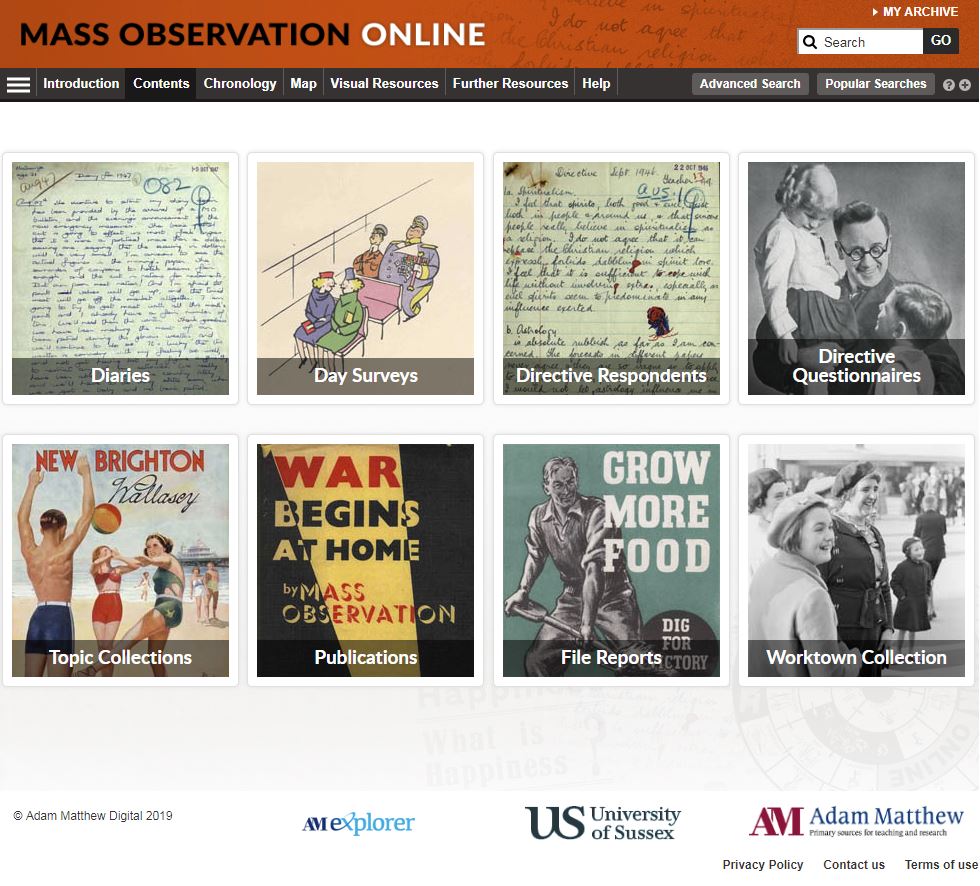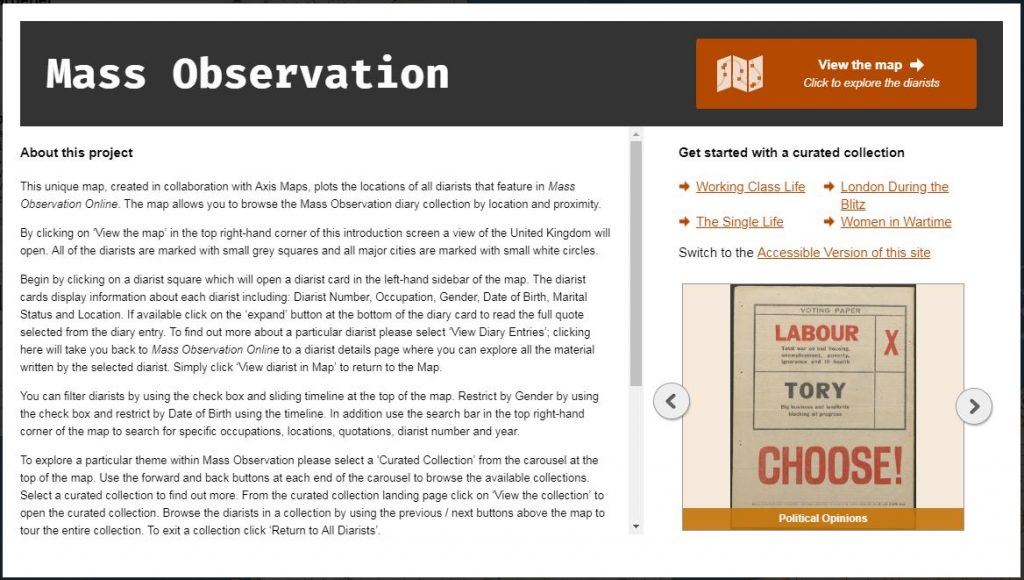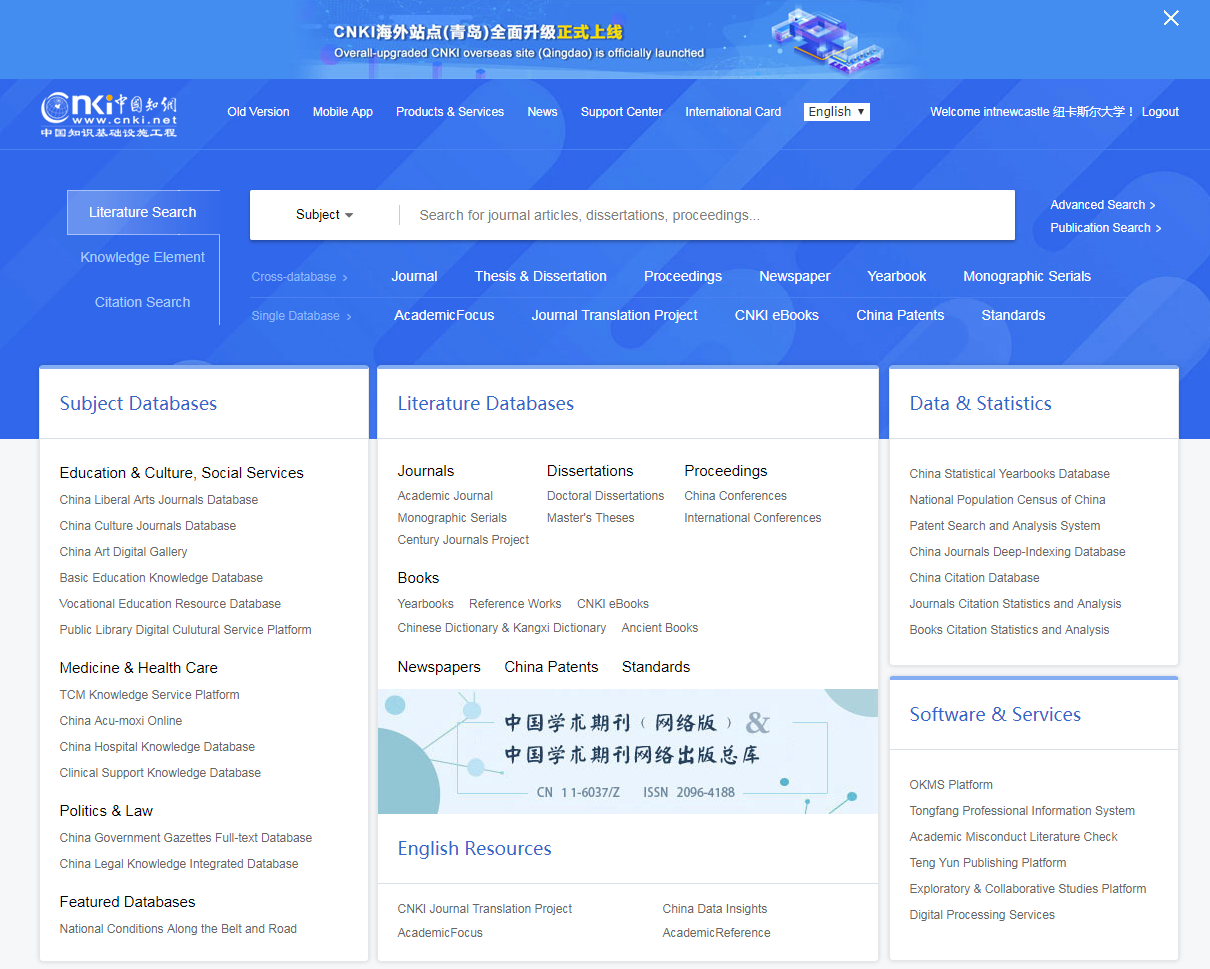Learn the basic steps of a reference, and you can hit the rhythm with any style you need.
OFF THE SHELF – National Poetry Day

National Poetry Day marks its 25th anniversary this year with a mass participation campaign that highlights poetry’s power to harness the truth about life.
In commemoration of the event, Teaching Fellow Sue Spencer will be returning to the Law Library and Walton Library to take poetry off the shelf and share some meaningful conversations about the truths that really matter.
Drop in for a one-to-one chat and she’ll offer a listening ear and a poem to inspire, soothe and comfort you!
Wednesday 2nd October, 3-5pm
Law Student Common Area, Newcastle Law School
Thursday 3rd October, 4.40-6.30pm
Walton Library, Newcastle University Medical School
No appointments necessary.
Brought to you in conjunction with the Medicine in Literature and Law in Literature Collections.
190th Anniversary of the Natural History Society of Northumbria
 Today celebrates the 190th anniversary of the founding of the Natural History Society of Northumbria, (NHSN) a local voluntary organisation that encourages and supports research in Natural History via lectures, field outings, education courses and publication of scientific papers. The Society also established the brilliant Great North Museum: Hancock, which continues to house its fascinating Library and Archive collections, both important resources for the study of natural history in the North East of England.
Today celebrates the 190th anniversary of the founding of the Natural History Society of Northumbria, (NHSN) a local voluntary organisation that encourages and supports research in Natural History via lectures, field outings, education courses and publication of scientific papers. The Society also established the brilliant Great North Museum: Hancock, which continues to house its fascinating Library and Archive collections, both important resources for the study of natural history in the North East of England.
The Library, also established in 1829, holds a wealth of material on natural history, with coverage including flora and fauna, ornithology, geology, ecology, the history of natural history and biodiversity. Here you’ll find the latest field guides for birds, plants, mammals and insects from around the world alongside regional, national and international journals and books about ecology, zoology, botany, ornithology, entomology, geology and conservation. The Library is open to everyone, but membership is required for borrowing books.
Meanwhile the Archive holds thousands of artworks, photographs, letters, diaries, and notebooks covering all aspects of natural history, zoology, botany and geology. It also includes internationally important material, notably the original watercolours, pencil drawings and proof engravings by Thomas Bewick, the Northumbria-born naturalist and wood engraver. Archive material is available to view by appointment only.
For a taste of what the collections have to offer, you can visit the Society’s newest exhibition: ‘The Beauty of Plant Science’, on display in the NHSN Library. Curated by postgraduates at Newcastle University, the exhibition presents colourful botanical illustrations alongside myths and poems to show how Science and Art coexist:
New exhibition 'The Beauty of Plant Science: Seeing Art in Botany' open now on floor 2 of the @GNM_Hancock. Created by @ICCHSNewcastle students, @EvdokiaSamara & @DaliaMAizi in collaboration with @ncllibspeccoll. Well worth a visit! pic.twitter.com/crjcd5MFGY
— NHSN (@NENature_) August 6, 2019
You can also find a sister exhibition, ‘The Beauty of Insects: Seeing Art in the Entomological World’ on Level 2 of the Philip Robinson Library:
New exhibition now open 'The Beauty of Insects: Seeing Art in the Entomological World' on Level 2 of @nclroblib in collaboration with @NEE_Naturalist & curated by 2 @ICCHSNewcastle MA Museum Studies placement students @EvdokiaSamara & @DaliaMAizi @FineArtNCL pic.twitter.com/MJxyF4KwCU
— Robinson Speccoll (@ncllibspeccoll) August 6, 2019
New service helps you search beyond our Library

A new search service, Library Hub Discover, has just launched, replacing the old COPAC database (which enabled you to search across UK academic and research libraries) and SUNCAT (which searched for journals elsewhere).
Library Hub Discover offers a new and improved interface to search across the catalogues of 100 UK and Irish academic, national and specialist libraries, with many more libraries due to be added soon.
A new related service, Library Hub Compare, enables you to analyse and compare library collections and identify relative strengths. So, if you want to assess which libraries in a region have particularly strong holdings relating to your research area, this is a neat way of doing it.
Read more about the new services and keep up with developments by following JiscLibraryHub.
Everyday life and Mass Observation
Mass Observation. Wow, sounds intriguing, doesn’t it? It should!
This resource offers revolutionary access to one of the most important archives for the study of Social History in the modern era. You can log in using your Newcastle University Campus ID and password to explore original manuscript and typescript papers created and collected by the Mass Observation organisation, as well as printed publications, diaries, photographs and interactive features dating from 1937 to 1972.
If you’re interested in learning more about the topics currently influencing our lives, it would do no harm to research the social history topics available within Mass Observation such as anti-Semitism, the economy, austerity, education, women at work, religion, mining, news, the Government, smoking, drinking, sexual behaviour, propaganda, unemployment and writing (to name just a few!).


If you want to know more about Mass Observation and to see some samples from the collection, then you could take a look at the Mass Observation Twitter feed, or there is a recorded webinar available for you to watch via YouTube in order to get the best out of the resource.
Resource in Focus Megatrends on Passport
Passport is a global market research database that gives us statistics, analysis and reports on global markets, economies and consumers. As well as being able to search for statistics and analysis using keywords, browse by country, industry and economy, Passport highlights what they call Megatrends which are the major issues influencing consumer behaviour in today’s market.
Megatrends for the UK right now include population changes, healthy and ethical living, and middle class retreat. You can access the full reports from the Passport homepage while they give useful summaries on their YouTube channel.
To access the Newcastle University subscription to Passport and our other market research resources, visit our Market Research resource guide.
Future proofing your employability

“What would you guess is the most common job?” Michael Lai, Outreach Lead at KGI, asked an audience of students at his Columbia Heights TEDTalk back in 2016. His audience members offer a few suggestions. “Engineer?” “Fast food workers?” After several failed attempts, Michael puts them out of their misery,
“3.5 billion truck drivers in the United’s States” he tells them. “Experts predict that in the next 12-15 years, most of the cars on America’s highways will be self-driving… so what’s going to happen to the most common job?”
The future of the job market – and it’s inherent uncertainty – has been receiving a lot of attention in the international press in recent years, with Universities UK analysis predicting “65% of children entering primary schools today will work in jobs and functions that don’t currently exist.” In previous generations, new graduates could expect to work with the same company for several years, steadily climbing the corporate ladder in a predictable, but reassuring linear way. In the 21st century however, the face of the job market is changing, and once you graduate, you may find yourself looking at a “portfolio career” over traditional career progression – something Facebook COO Sheryl Sandberg described as more akin to a career “jungle gym” than a career ladder.
But what does all this talk of truck-driving and emergent markets mean for you, the UK Graduate? Well, if the gig economy becomes the norm in the next 10 years, one of the key challenges for new graduates will be the perpetual need to upskill yourself, and market your own skill base to different employers. This puts the spotlight on what have traditionally been referred to as “soft” transferable skills that are required across many different roles and sectors – skills such as resilience, team-working and critical thinking. Here at the Library, we’d argue that information and digital literacy falls under this bracket (well of course we would, we’re librarians!). The ability to find and use information and make considered use of digital tools is an important capability in any graduate job. Don’t just take our word for it – we spoke to several students returning from placement who told us their information skills had helped them get ahead.
The good news though is that your degree programme offers you the chance to work on and demonstrate all of these skills. Employers will know that you may not have extensive work experience as a new graduate, but make sure you cherry-pick prime examples from your University work, part –time jobs and any voluntary experience to exemplify the skills employers are looking for (and remember, the Careers service can help you with interview preparation.) Make the most of the workshops and sessions open to during your time at University so you are in a great position to articulate these important skills. For more information on how the Library can help, check out our Employability Guide
References
- TEDx Talks (2016) Four Key Skills to Lead the Future. Available at: https://www.youtube.com/watch?v=djHTcES2ATg
- Universities UK (2018) Solving future skills challenges. 6th August 2018. Available at: https://www.universitiesuk.ac.uk/policy-and-analysis/reports/Documents/2018/solving-future-skills-challenges.pdf
- Sandberg, S as quoted by Lebowitz, S and Campbell, D (2019) “Goldman Sachs CEO David Solomon shares his number one piece of advice for millennials who want to get ahead in their careers.” Business insider, Jan 13th 2019. Available at: https://www.businessinsider.com/career-advice-millennials-goldman-sachs-ceo-david-solomon-2019-1?r=US&IR=T
CNKI: New Year, new look!
Do you use CNKI and China Academic Journals? The resource has a new look for the New Year!
CNKI still offers access to journals, theses, proceedings, newspapers and yearbooks on a wide range of subjects – literature, history, philosophy, politics, military affairs, law, education & social sciences, electronic technology & information science, economics & management – but is now even easier to use.
Access CKNI from our Chinese and Japanese Studies Subject Guide. Once you have logged in, click on the New Homepage button (top left-hand corner of the screen) to go to the new interface which makes searching this vast resource easy.
N.B. If you really do prefer the old version, you can still access this for 6 months (until the end of June 2019). Just click on ‘Old Version’ in the menu at the top of the screen.
Lexis: Full Academic Library now available

We’re pleased to announce that we have recently upgraded our Lexis subscription to their Full Academic Library.
This provides access to an extensive range of new content (almost 500 new online sources), including practitioner textbooks and major works in many areas of law, such as finance, taxation, criminal, consumer, planning, housing, and family law.
The new content will be individually catalogued on Library Search soon, but for now, the best way to access it is via Lexis itself. You’ll find the new content in the relevant sections of Lexis (e.g. in Forms and Precedents, Commentary or My Bookshelf).

To browse or search a full list of Lexis content in all categories, click on Sources in the top right hand corner.
Resource in Focus: Statista

This is an extensive statistics platform covering over 1.5 million data sets (and adding an additional 500 each day) with revenue forecasts from 2015 to 2022 on over 400 industries.
Data is collected from over 22,500 sources covering over 75,000 different topics.
The platform can broken down into different elements including:
Statistics : where you can choose your industry e.g. Consumer goods, Retail & Trade.
Reports : This section is very comprehensive and you can select :
- Dossiers which are a quick quantitative overview of a topic. These are in house reports which contain the most recent and relevant statistics concerning a single subject. You can export these in PowerPoint or PDF format.
- Outlook Reports which are trend forecasts
- Surveys which are market insights from an expert and consumer perspective
- Toplists which are company ranking for sales and analysis
- Market studies
- Industry Reports which are perfect for highlighting key figures for a particular industry sector. These are updated annually and contain textual information as well as numerical data such as turnover and revenue.
- Global Business Cities Reports which are ranking and key statistics on particular cities.
- Brand reports contain insights into the brand itself
- Country reports
- Further studies which are more in-depth reports
Outlooks; these provide information on specific areas and help you identify the potential in those areas. This can include forecasts, detailed market insights and key performance indicators.
- Consumer Market outlook
- Digital Market Outlook
- Mobility Market Outlook
- Country Outlook
- Technology Market Outlook
Statista online help video
This short video from Statista gives a nice overview of the different search functionalities.
Access via https://www.statista.com/ or via the record on Library Search. (If you are accessing on campus, the platform will authenticate using IP address. If you are accessing off campus you will be taken through EzProxy so access should be seamless if you’ve logged in previously using your Campus ID and password).





